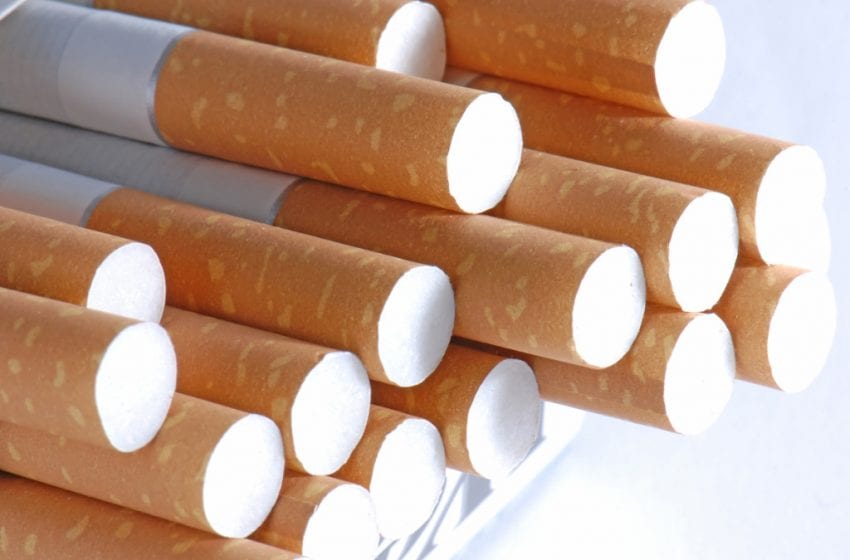British American Tobacco says that an EU proposal to ban certain single-use plastics amounts to a laudable goal but one that is not entirely workable in its present form, according to a story by Martin Banks for The Parliament Magazine.
Banks reported that a parliamentary committee last week adopted a report by Belgian MEP Frederique Ries that aims to curb litter comprising the single-use plastics most commonly found on Europe’s beaches.
Under the draft rules backed by the environment committee, single-use plastic items such as plates, cutlery and cotton buds, which make up more than 70 percent of marine litter, would be banned.
Giovanni Carucci, vice president of EU Affairs with BAT, was said to have told the Magazine that reducing the environmental impact of single use plastics was a laudable goal.
“We are committed to reducing our environmental impact across our supply chain,” he said. “While we need time to analyse the full impact of the proposal, what I can say is that in its current form, it is not entirely workable.
“As the Commission acknowledges in its own impact assessment, today an alternative for cigarette filters that is as effective as cellulose acetate does not exist.
“We’ve researched alternatives for years, including collaborating with sustainable filter start-ups and other external companies, however none of the alternatives match the performance of cellulose acetate and will likely be in breach of the requirements of the Tobacco Products Directive (TPD).
“This makes the Parliament’s proposed consumption reduction targets a de facto ban on cigarettes, which is not in the scope of the Single Use Plastics Directive.”
Carucci said also that labeling aspects of the proposal would conflict with existing tobacco-labeling requirements, and that the proposals could involve the tobacco industry and member states in disproportionate costs and complexity.
Meanwhile, a commission spokesman was quoted as saying that more than 80 percent of marine litter comprised plastics. “Plastic residue is found in marine species – such as sea turtles, seals, whales and birds, but also in fish and shellfish, and therefore in the human food chain,” he said.
“While plastics are a convenient, adaptable, useful and economically valuable material, they need to be better used, re-used and recycled.”
Banks said that the Ries’ report would be put to a vote by the ‘full plenary’ in its 22-25 October session in Strasbourg.
Filters proposal unworkable











